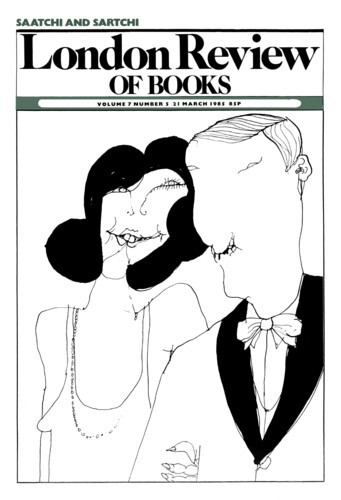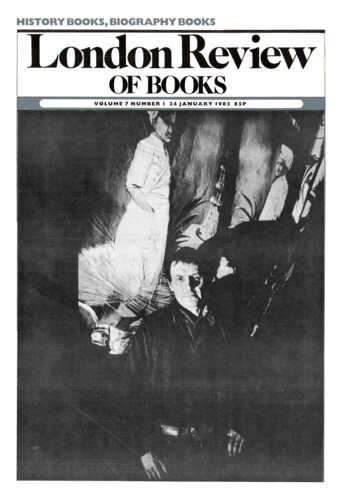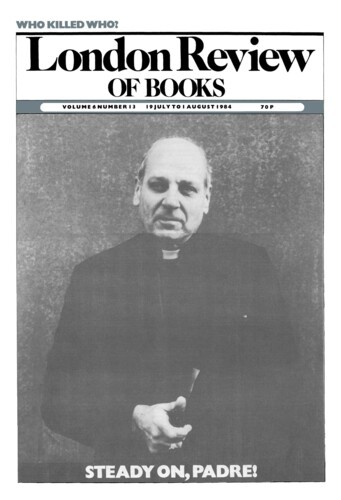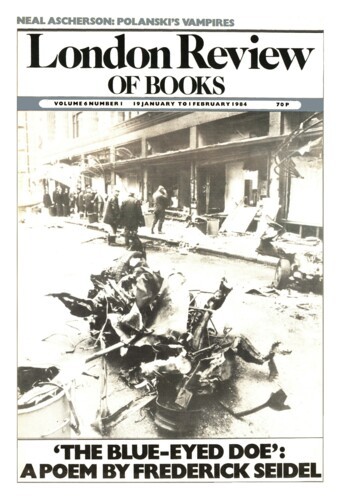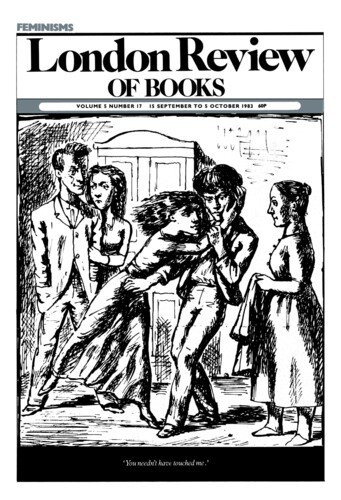Severnside
David Cannadine, 21 March 1985
There is a famous photograph of Elgar taken at the moment he completed the orchestral scoring of The Dream of Gerontius. He wears a buttoned-up jacket and a wing collar, and sports a walrus moustache of formidable proportions. In dress and demeanour, he looks stiff, starched and stuffed: Colonel Blimp before his time. And yet the eyes suggest a very different personality: dreamy, passionate, visionary, a man of poetic imagination with his sights set surely on the sublime. Which of these is the real Elgar? It is difficult to be sure. For the picture is not only contradictory, it is also deceptive: a carefully contrived self-image masquerading as a spontaneous and unself-conscious record. The pensive pose, with the left hand on the cheek, and the gaze wistfully directed towards some distant horizon, was deliberately struck by Elgar while a lunchtime visitor went out to get his camera so as to record the moment for posterity. The resulting photograph was Elgar as he wanted to be seen, yet giving away more than he knew: the tradesman’s son trying too hard to conceal the fact.
